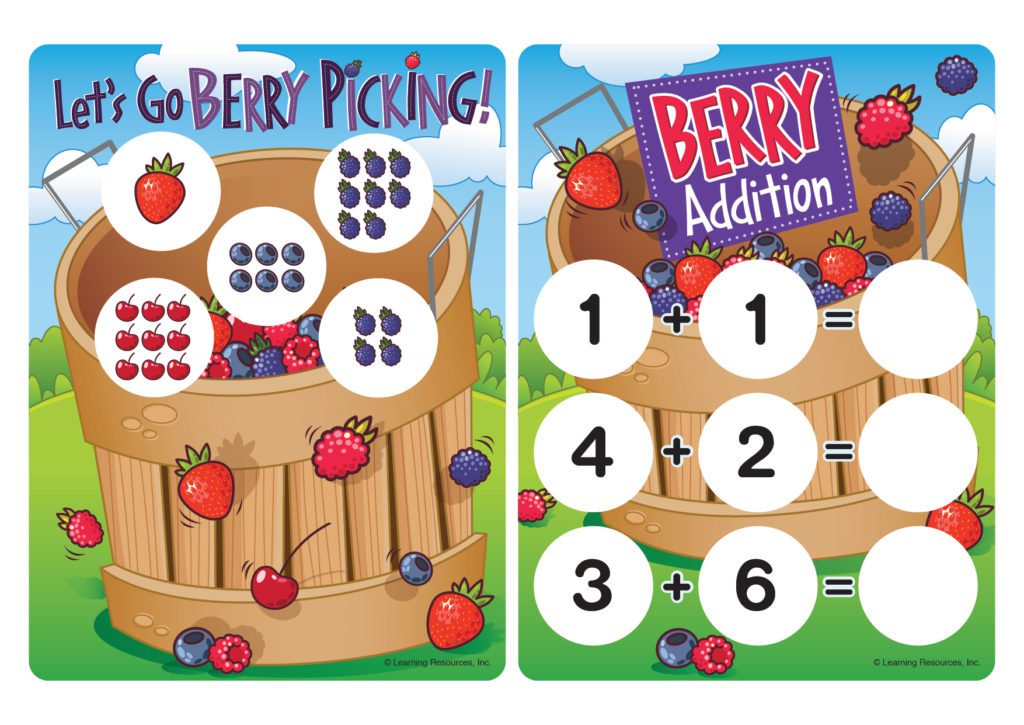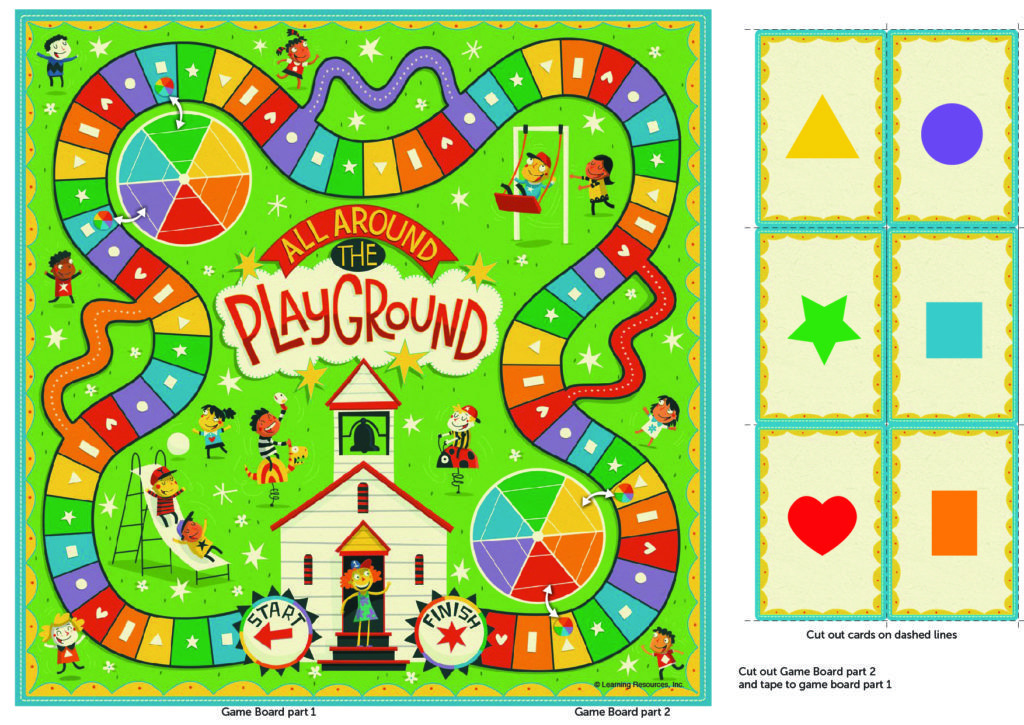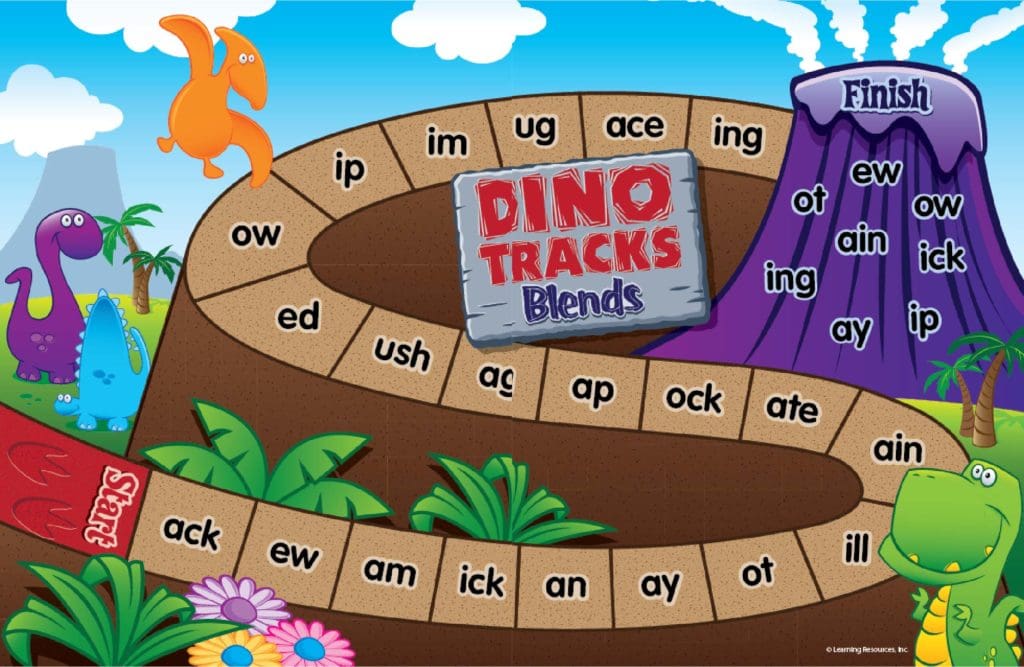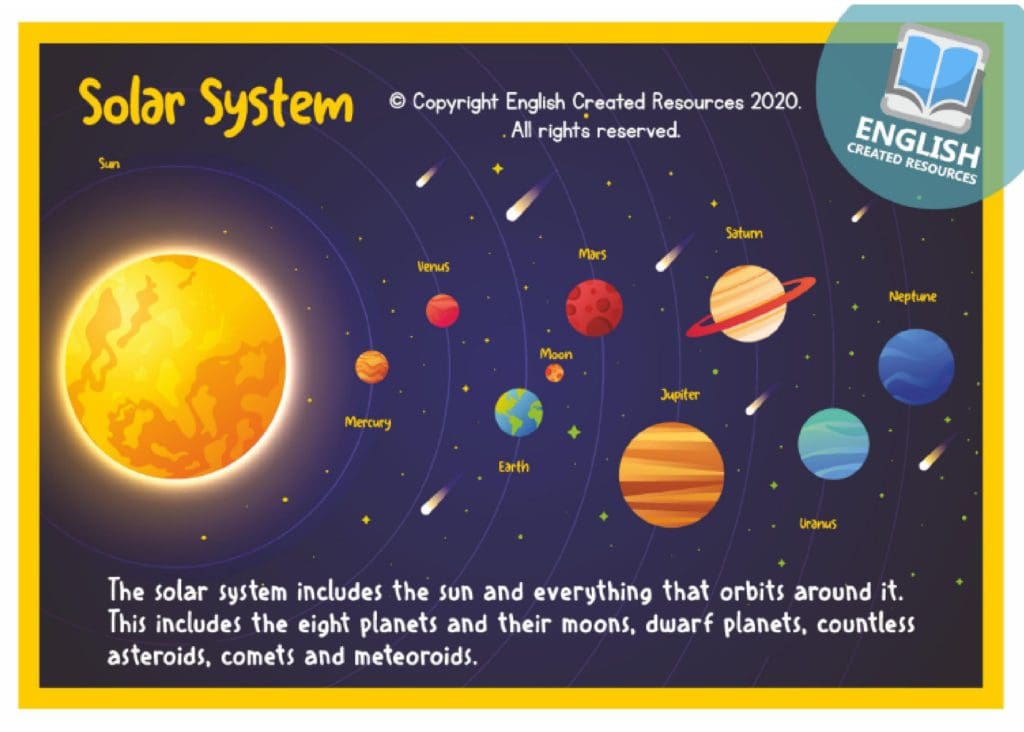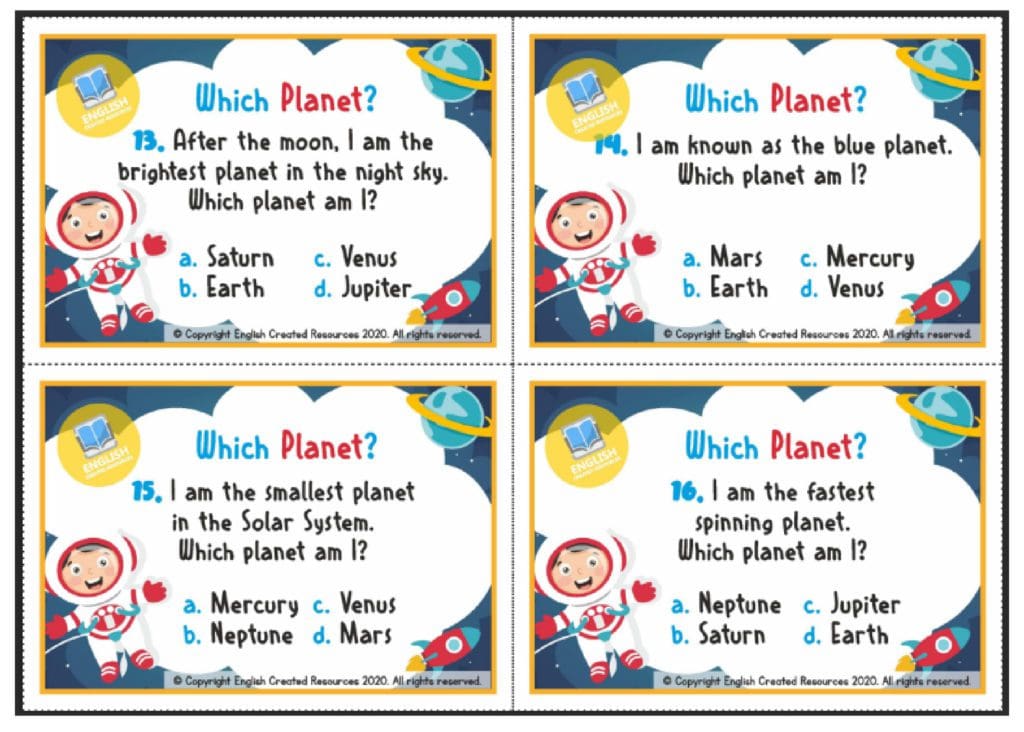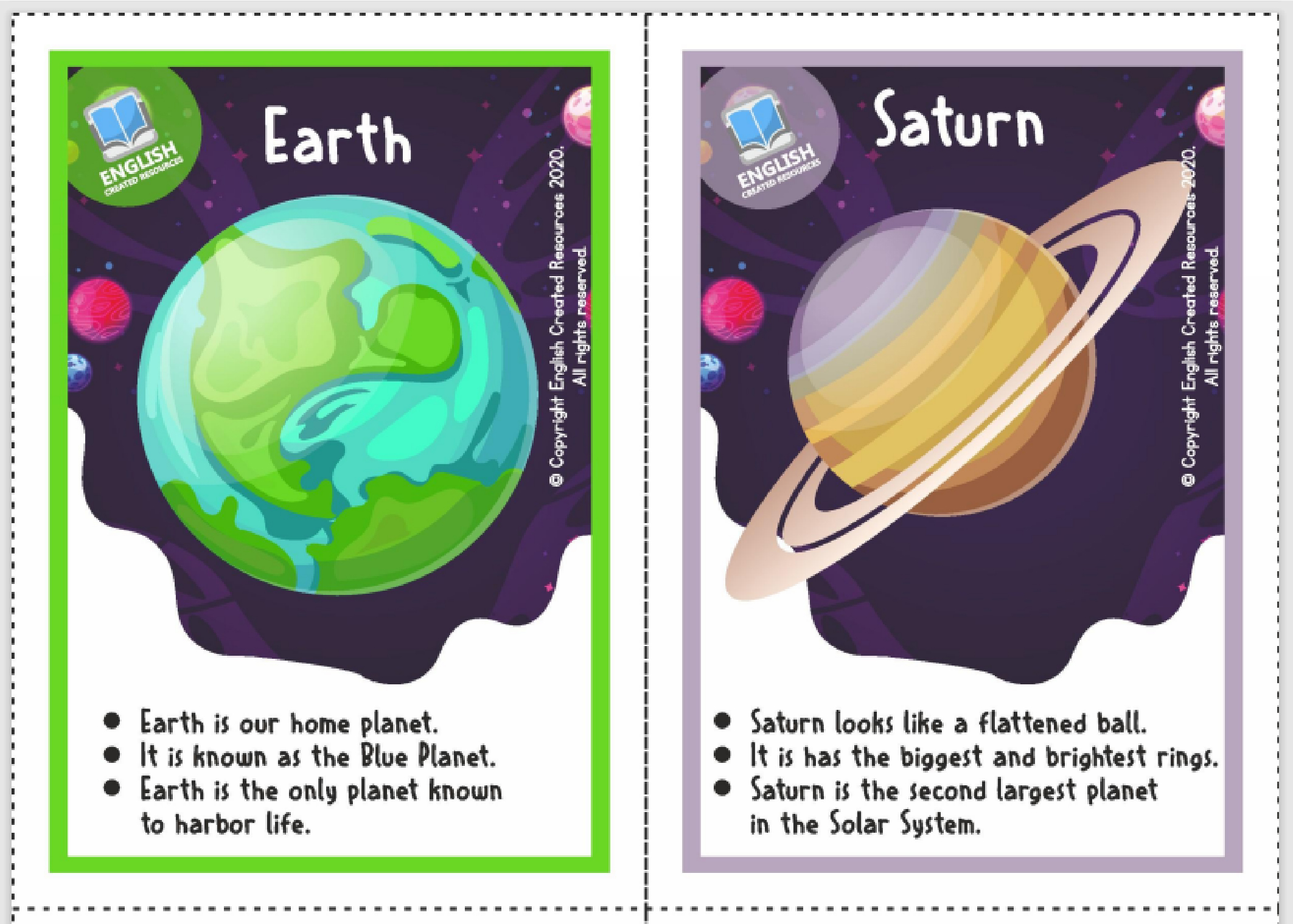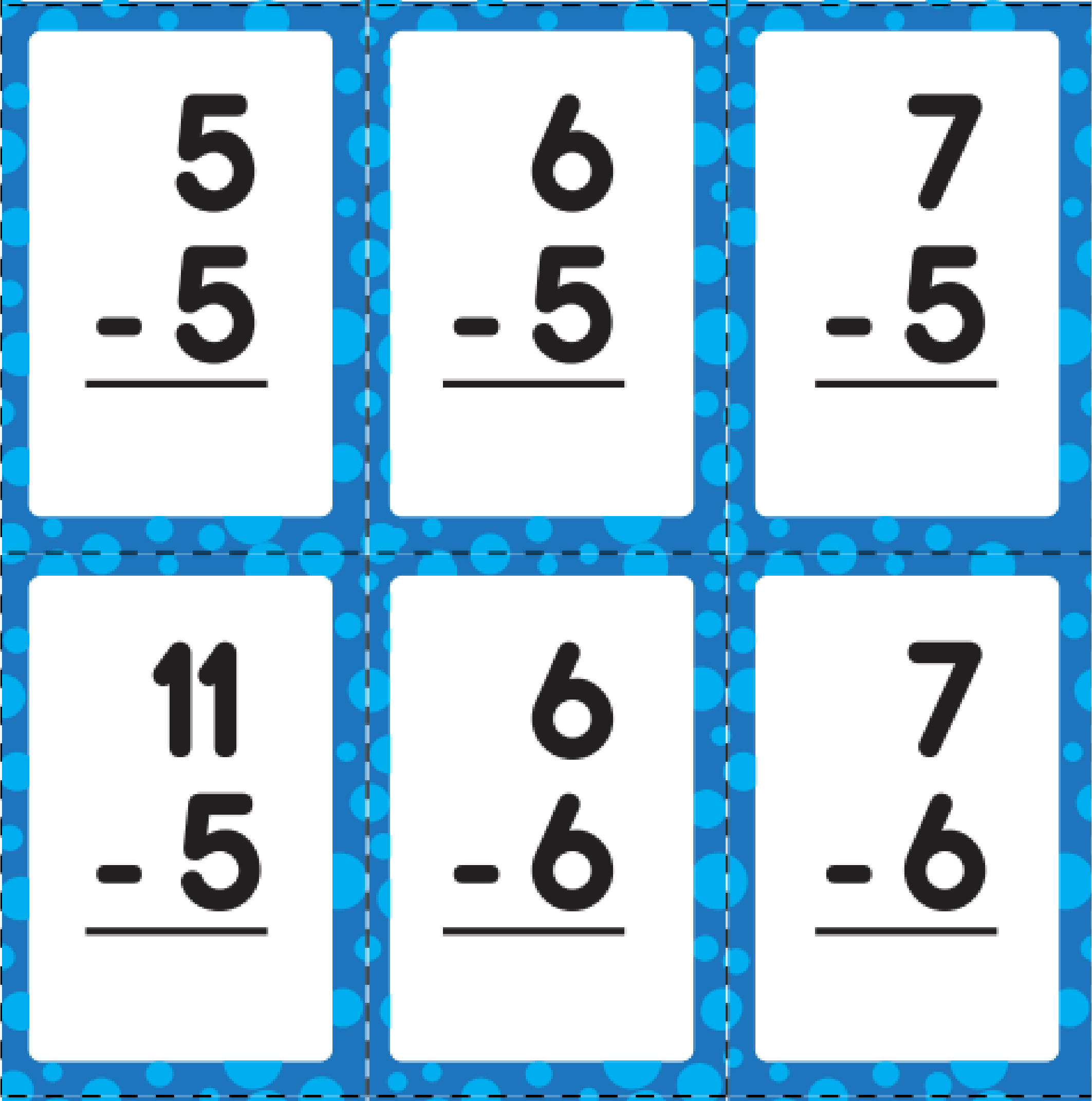Learning Resources

malaysia traditional game
Malaysia’s traditional games for kids, like “congkak,” and “gasing,” offer fun ways to learn important skills. Congkak, a wooden board game using small shells or seeds, helps children develop counting skills and strategic thinking. “Gasing” involves spinning a wooden or metal top on the ground, requiring skill to keep it spinning the longest. These games not only provide entertainment but also teach cultural values, cooperation, and problem-solving in a simple, engaging way.
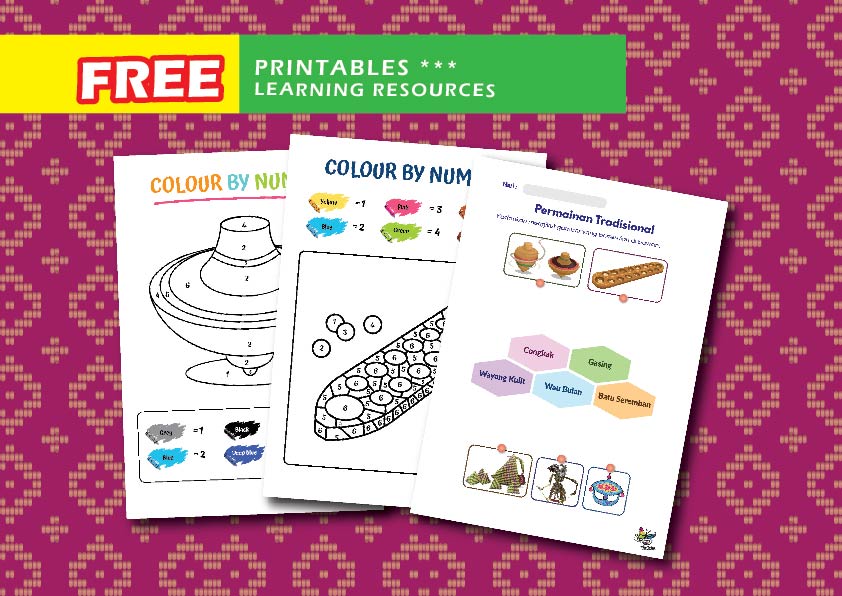
Malaysia Ethnic Heritage
Designed specifically for kindergarten students aged 4-6 years, these free introduce children to Malaysia’s diverse cultural heritage, including traditional attire, music, and festivals. Through this children can celebrate Malaysia’s multicultural identity while developing an understanding and appreciation of different ethnic backgrounds from an early age.
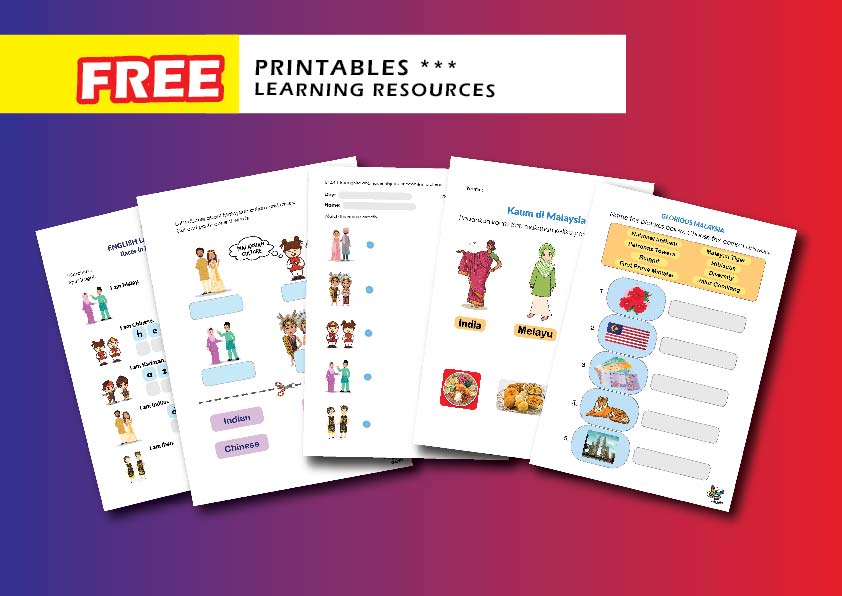
PLANET RIDDLES & SOlAR SYSTEM
Through riddles centered around planets, moons, stars, and other celestial objects, children can learn about the solar system in an interactive way. Each riddle can be designed to reveal interesting facts about different planets, such as their size, distance from the sun, or unique features like rings or moons. This playful approach not only enhances children’s knowledge of space but also improves their critical thinking and creativity as they solve the riddles while exploring the vast and fascinating universe.
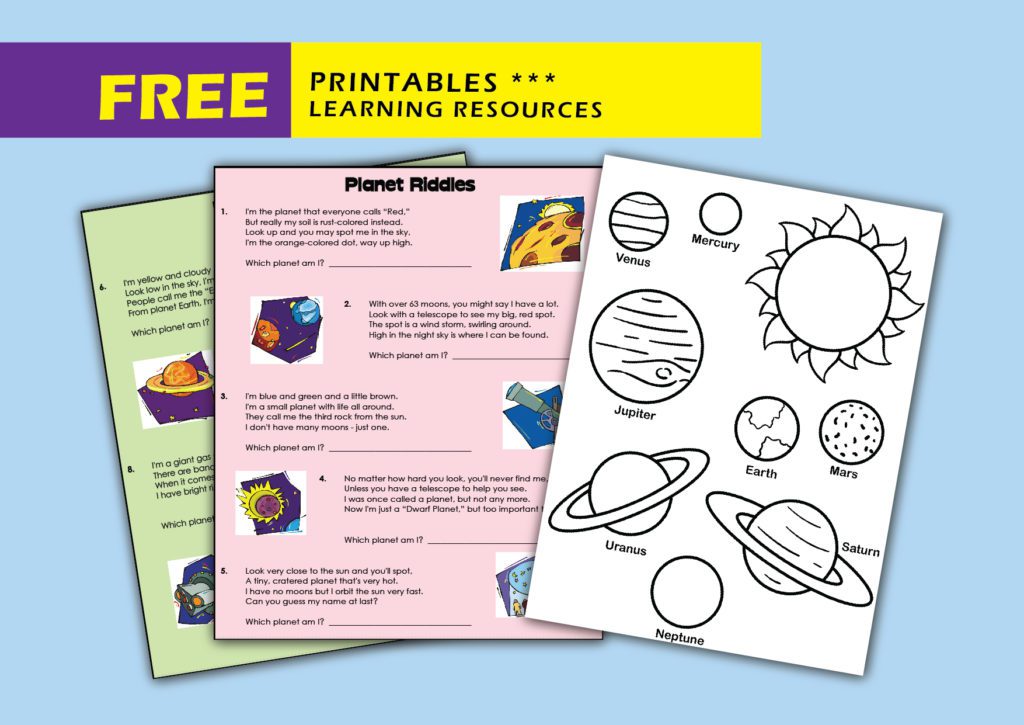
Games NATURE WALK Activities
Perfect for developing problem-solving skills and encouraging creativity, this event is a fantastic way for children to learn and have fun simultaneously. Gather your friends and embark on a thrilling quest that will test your wits and bring out the explorer in you!
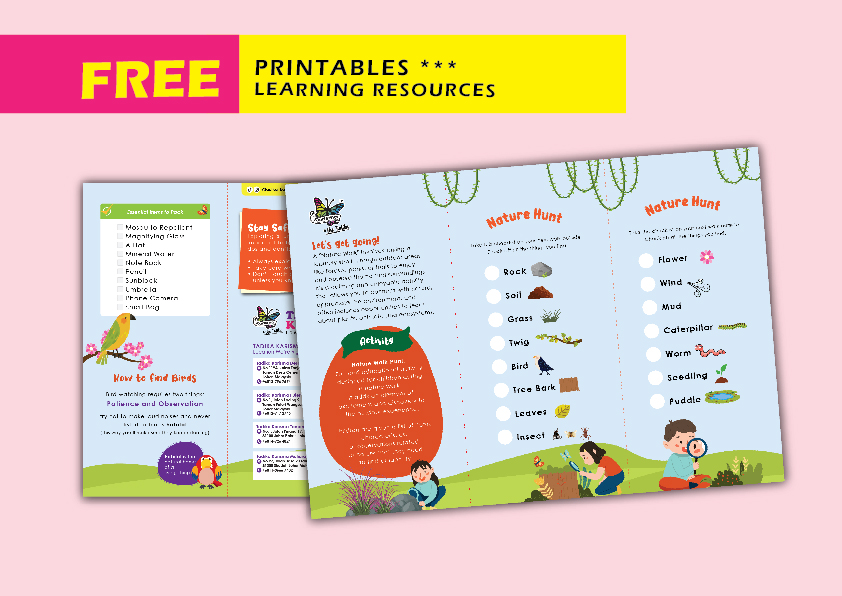
Exploring Numbers and Write Characters in Mandarin
In Chinese culture, numbers hold significant symbolic meanings, and understanding them is essential not only for communication but also for cultural appreciation. In this blog, we’ll delve into the basics of Chinese numerals, focusing on the numbers 一 (yī), 二 (èr), and 三 (sān), and explore the intricacies of writing the characters for “big” (大 – dà) and “small” (小 – xiǎo).
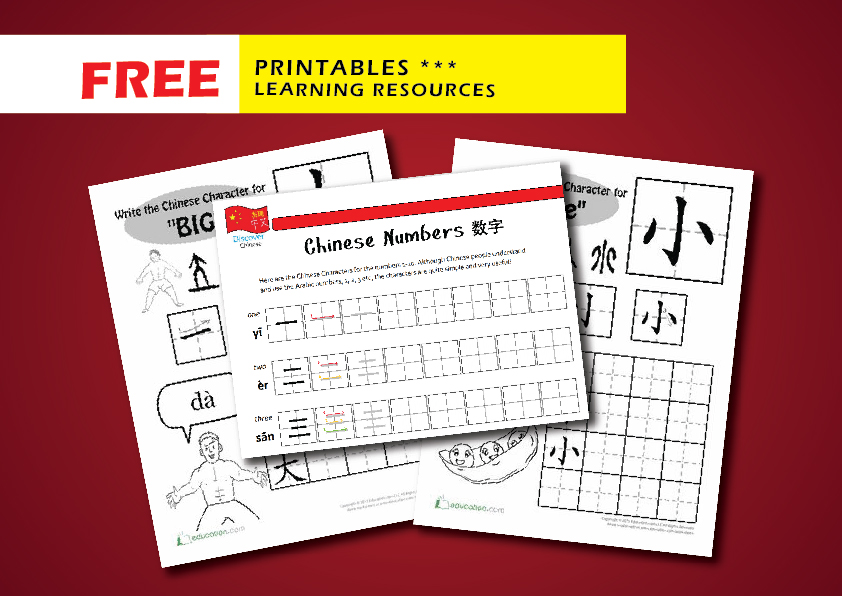
Colour BY NUMBER
A “Colour by Number: Islamic Version” activity is a creative and educational approach that combines the fun of colouring with learning about Islamic art and culture. In these activities, each section of a picture is assigned a number that corresponds to a specific color. Participants use these guidelines to color the image, gradually revealing a themed design that reflects elements of Islamic tradition.
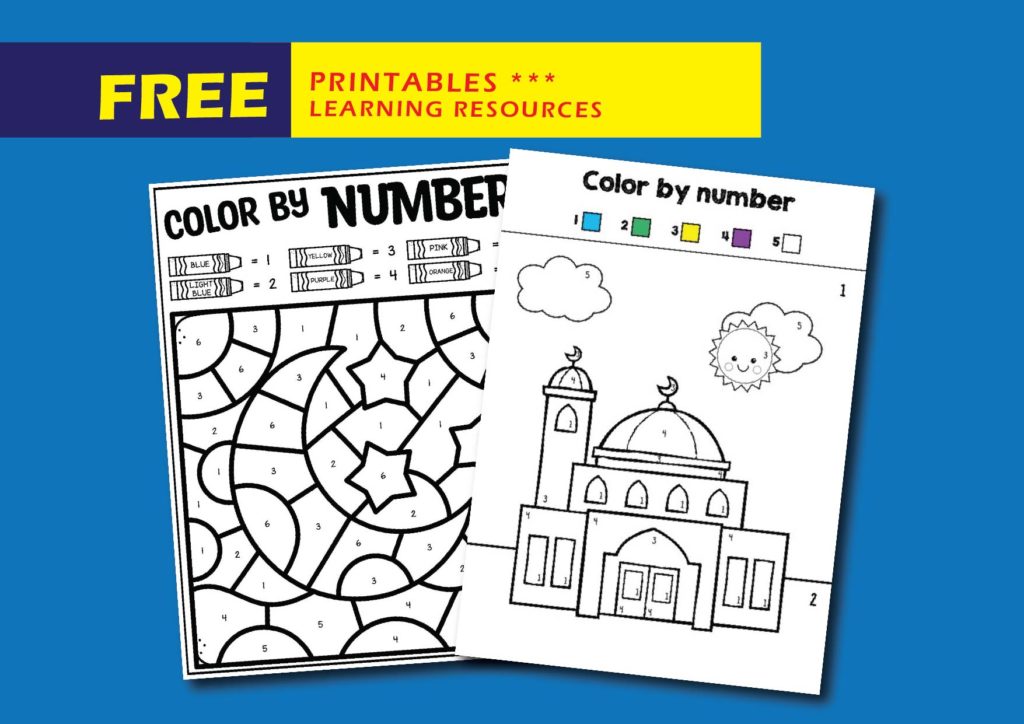
Huruf Hijaiyah
Arabic alphabet, is the script used for writing in Arabic and several other languages. It consists of 28 letters, and it’s written from right to left. The Arabic script is unique for its emphasis on calligraphy and artistic expression, with various styles developed over centuries.
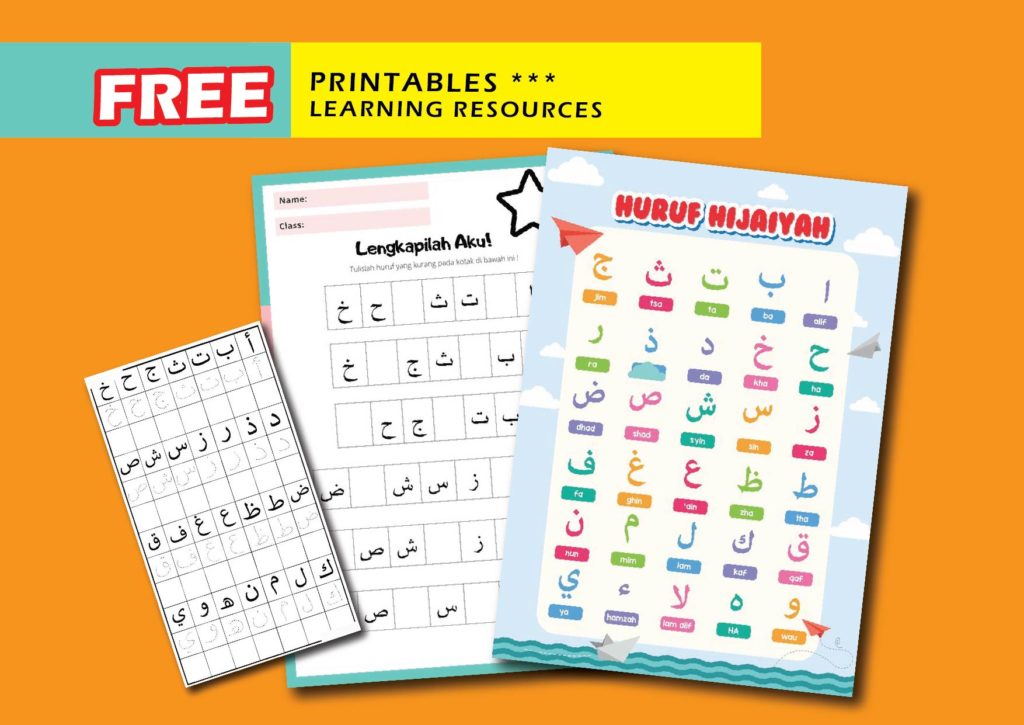
Sink or Float? Experiment Worksheet
Explain that objects sink in water if their density is greater than that of water and float if their density is less. Density is determined by how much mass an object has in a given volume. This experiment will allow students to predict and observe whether certain objects sink or float in water.
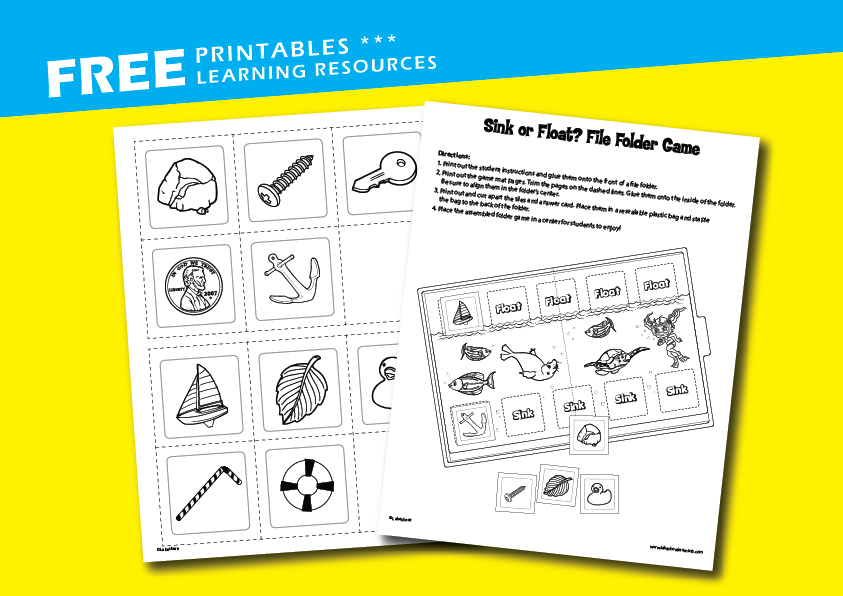
Five Senses Sorting Game
Briefly explain the five senses and how they help us understand and interact with the world. Mention that sometimes more than one sense can be used to experience something, but for this game, we’ll choose the one that is most commonly associated.
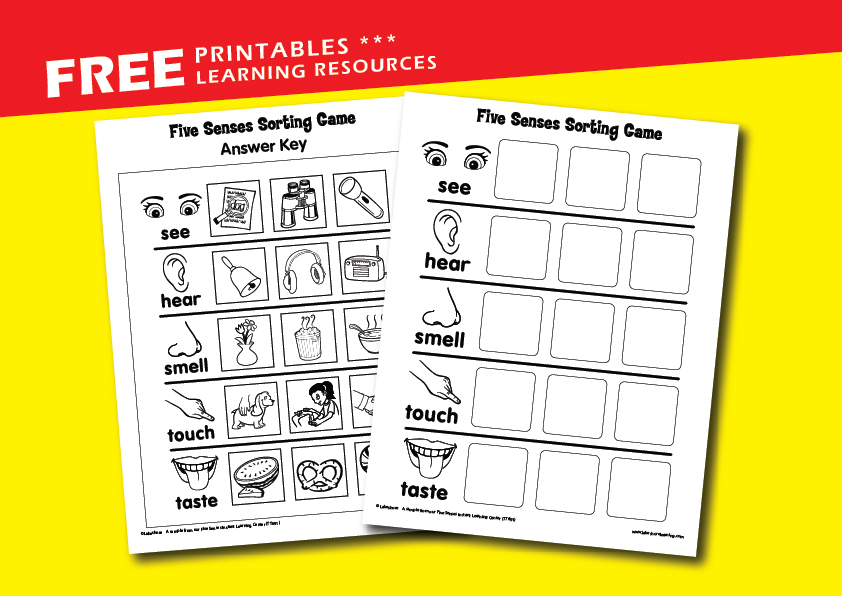
Maths: BERRY PICKING!
Welcome to the Berry Bonanza Bingo game, where delicious berries meet exciting math challenges! This game includes 4 double-sided bingo cards, 40 double-sided markers, and an activity guide to keep the berry-picking fun rolling. Get ready for two levels of berry-filled excitement that combine the thrill of bingo with the joys of mathematical exploration.
GAME BOARD: All Around the playground!
Designed for young learners, this game combines fun and learning as players race around the playground, aiming to be the first back to class for snack time. With a game board, colorful game cards featuring shapes and colors for Level 1, and numbers 0–10 for Level 2, get ready for a playful journey filled with twists, turns, and surprises. Don't forget to grab your game pawn and start at the beginning—let the race begin!
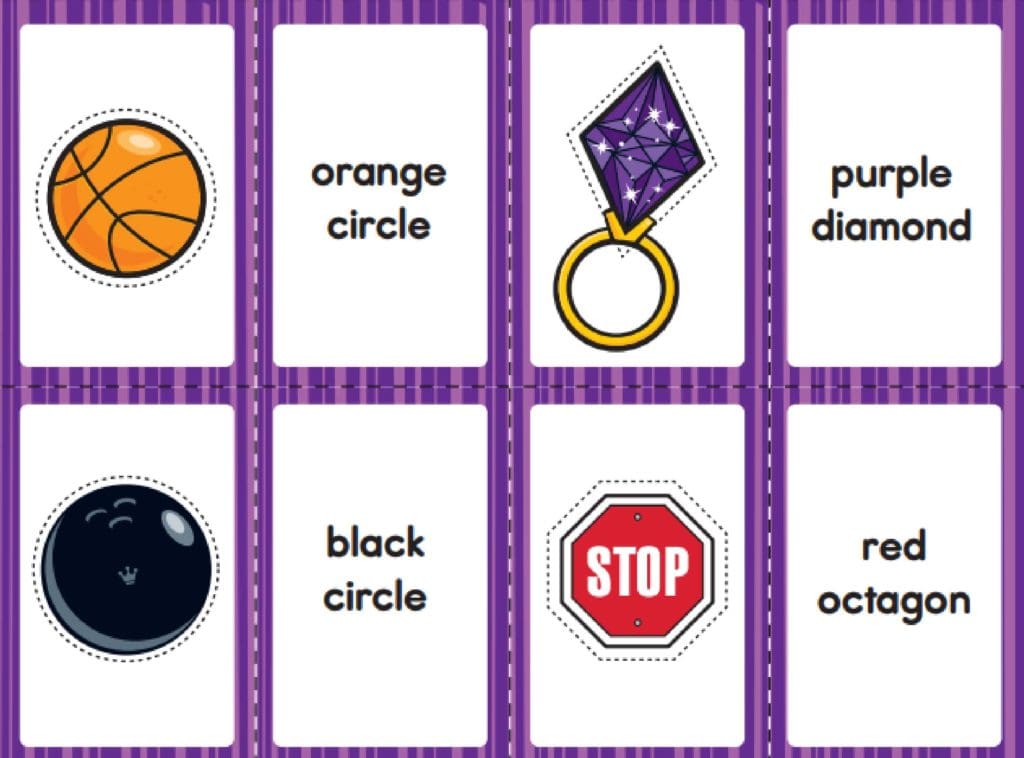
There are many ways to help children learn math facts. Flash cards can be effective if you use them at the right time. Before encouraging your child to answer math facts quickly, it is important to help your child build a conceptual understanding of math facts so that she can transfer her knowledge across contexts.
